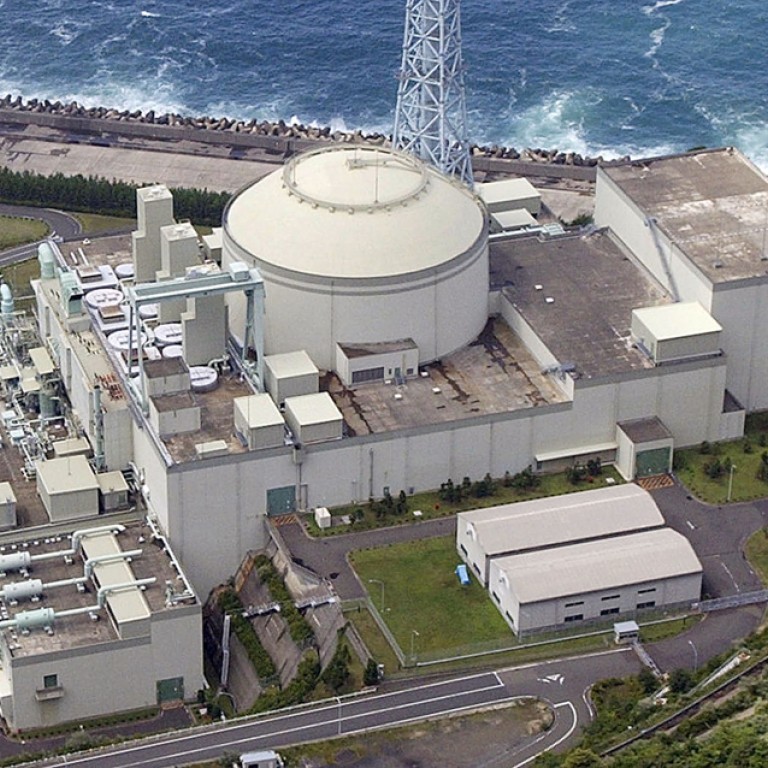
Japanese plan to generate power at experimental Monju reactor canned
Japan will scrap plans to generate electricity at its multibillion-dollar experimental Monju fast-breeder reactor, a media report said yesterday, in a move that could affect the nation's nuclear fuel cycle programme.
Monju was designed to generate more fuel than it consumes via nuclear chain reaction, and was intended to be at the core of a programme that would reuse spent fissile materials in a country that has few natural resources.
But its complex technology has been plagued with problems and setbacks that have left it idling for more than a decade, with little return on the initial one trillion yen (HK$76 billion) construction outlay and the 50 million yen it uses every day in running costs, even while shut down.
The government will review its overall nuclear energy plan, with the aim of turning Monju into a research centre for reducing spent fissile fuels, the business daily reported.
Japan has become increasingly nervous about nuclear power since the 2011 Fukushima disaster. Currently, none of its 50 viable reactors is in operation.
The government, led by Prime Minister Shinzo Abe, would like to get some reactors back online, seeing this as the best way to plug the country's energy gap and reduce the yawning trade deficit caused by the need to import mountains of fossil fuels.
As well as fears among host communities about the safety of nuclear reactors, opponents worry that there are few solutions for the problem of spent fuel. Processing waste with a fast-breeder reactor was said to accelerate the decay of radioactive material and slash its volume, the said.
In a plan crafted in 2010, the government envisioned developing demonstrative facilities by about 2025 and having fast-breeder reactors in commercial operation about 2050.
The revision of Monju's position in the nuclear cycle programme would be mentioned in a new energy plan likely to be approved by cabinet this month, the said. Chief Cabinet Secretary Yoshihide Suga denied the report, saying "we have not made a decision to change the course" of the project.
